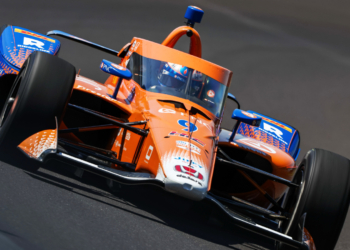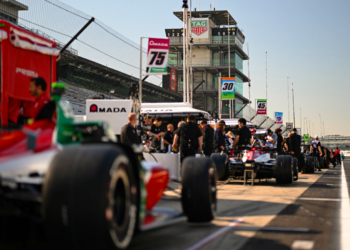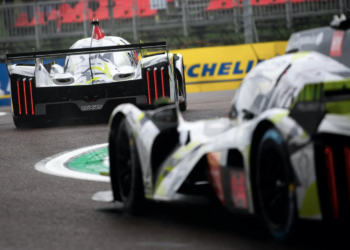The FIA has revealed plans for Formula 1's new engine which will come into effect from 2021 onwards, in a move to make it easier for new manufacturers to become involved, whilst reducing costs, complexity and increasing noise.
FIA President Jean Todt, met with F1's owners Liberty Media and current and potential F1 manufacturer representatives on Tuesday in Paris to discuss the proposed engine regulations.
The new engine will be based on the current 1.6 litre, V6 turbo hybrid, but will scrap the expensive and complex MGU-H, whilst adding a more powerful MGU-K, which will have a "focus on manual driver deployment in the race together with option to save up energy over several laps to give a driver controlled tactical element."
The engine will rev to 18,000rpm – 3,000rpm higher than the current engines – in order to increase the noise level, which was one of the key elements fans were concerned about when the current engines were introduced in 2014.
It will include a single turbo with "dimensional constraints and weight limits", plus more standardised parts including the energy store and control electronics, whilst the overall design will have a ‘Plug-And-Play’ element to allow for the capability to swap engine/chassis/transmission easily.
In order to uphold the objective of cost reduction, work will continue over the next 12 months to define certain elements of the new power unit, but the design and development of the complete power unit will not be possible until all the information is released at the end of 2018.
This aims to ensure that manufacturers continue to work on the current specification power unit.
"The 2021 power unit is an example of the future way the FIA as regulators, F1 as commercial right holders, the teams and the manufacturers as stakeholders will work together for the common good of the sport," commented Ross Brawn, managing director of motorsports.
"The proposal presented today was the outcome of a series of meeting which took place during 2017 with the current teams participating in the FIA Formula 1 World Championship and the manufacturers who showed their interest to be part of the pinnacle of motor sport.
"Also, we’ve carefully listened to what the fans think about the current PU and what they would like to see in the near future with the objective to define a set of regulations which will provide a powertrain that is simpler, cheaper and noisier and will create the conditions to facilitate new manufacturers to enter Formula 1 as powertrain suppliers and to reach a more levelled field in the sport.
"The new F1 has the target to be the world’s leading global sports competition married to state of the art technology. To excite, engage, and awe fans of all ages but to do so in a sustainable manner. We believe that the future power unit will achieve this."






